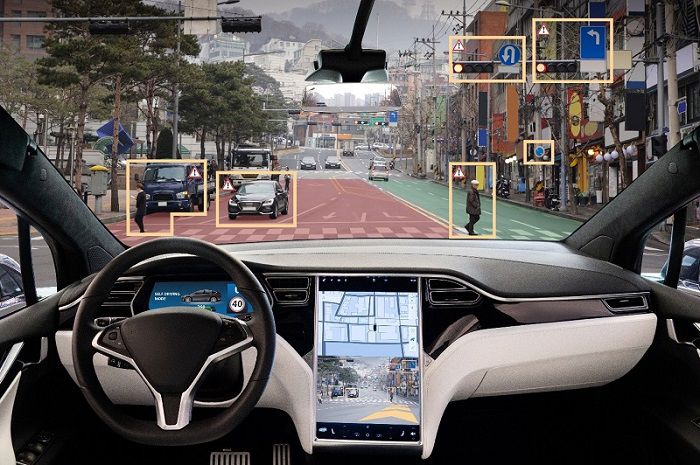For autonomous vehicles (AVs), or more generally Robotics and Autonomous Systems (RASs), to be accepted socially, stakeholders need to have confidence, before they are deployed, in how they are going to adapt to changes post-deployment.
This is particularly important when considering security requirements, as AVs are deployed in threat-filled environments that keep changing.

As the interconnected ecosystem grows with more smart infrastructure and connected vehicles, so does the systemic risk to that system. For autonomous vehicles, the potential of cities in the future being brought to a standstill by a fleet of malfunctioning vehicles is a credible threat. Therefore, safety and security should be considered early in the product innovation cycle and everyone must do their part to achieve a safe, secure and effective ecosystem.
We were the technical authors of BSI PAS 11281:2018, a fast track standard commissioned by government to provide guidance on the impact of security on safety for connected automotive ecosystems. The PAS aims to help organizations in the connected automotive ecosystem ensure that security-related risks in their products, services or activities do not pose unacceptable risks to safety of the ecosystem. In line with modern regulatory approaches, the recommendations are framed as outcome-based measures, while also suggesting some specific features that adequate security arrangements would be expected to have.
Our work on security-informed safety has influenced international standards and regulations. The UNECE World Forum on Harmonisation of Vehicle Regulations (WP.29) has recently adopted two new UN regulations on cyber security and software updates. PAS 11281 supports the interpretation and application of these regulations.
For further information on how the guidance in PAS 11281 can be used to manage potential risks in the connected automotive ecosystem, please contact us.
For more information on how to apply PAS 11281 in real projects please view Adelard’s work on security-informed safety as part of TIGARS, (Towards Identifying and closing Gaps in Assurance of autonomous Road vehicleS).